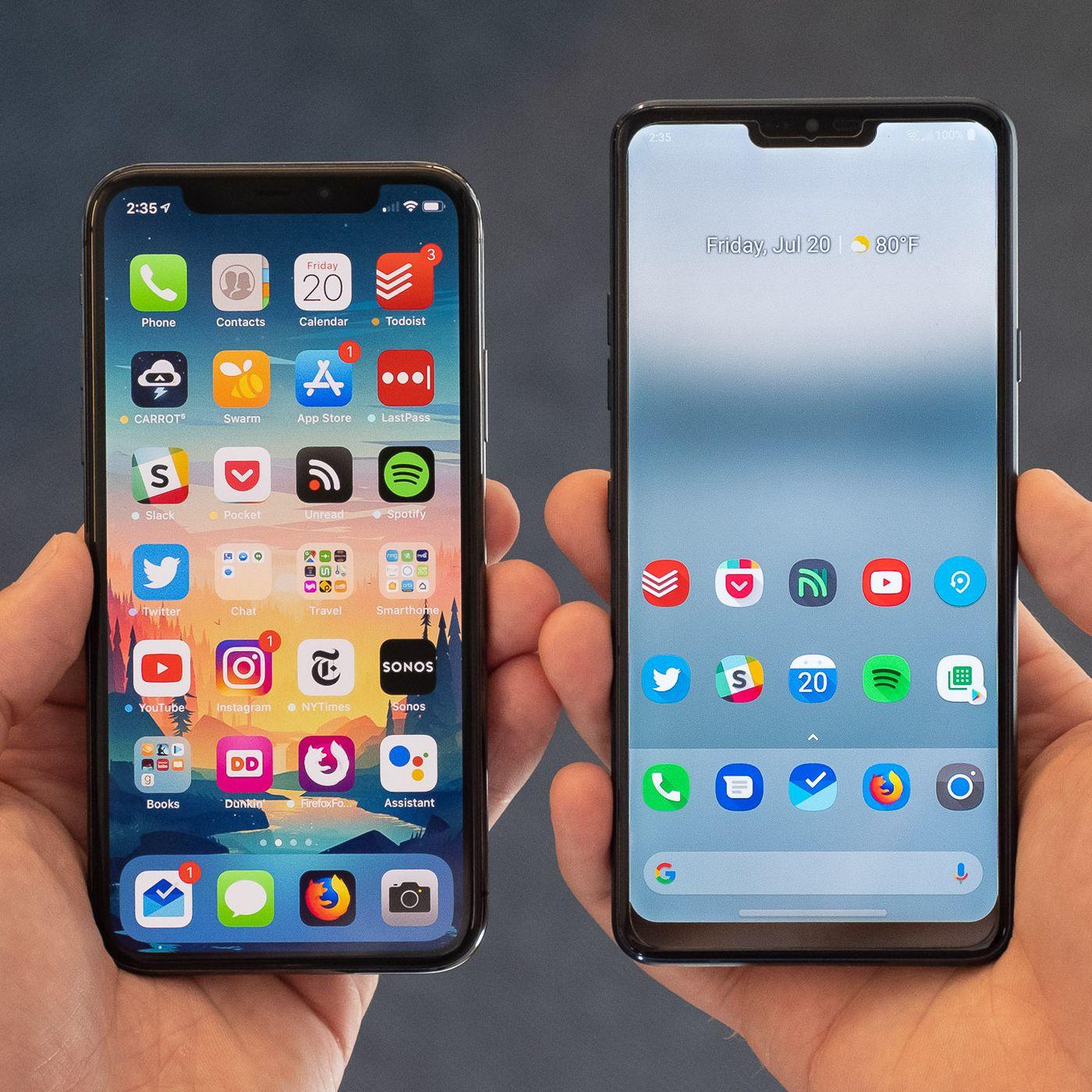
Source: Bottleinn.co.uk
Ecosystem Integration
iPhone
- Seamless integration with other Apple devices.
- Continuity features like Handoff, Universal Clipboard, and Continuity Camera.
- Effortless data transfer between Mac, iPad, and Apple Watch.
Android
- Some manufacturers like Samsung offer integrated ecosystems.
- Microsoft's Your Phone app allows text and notification responses on Windows PCs.
- Generally less polished compared to Apple's ecosystem.
App Selection
iPhone
- App Store offers a slightly better selection, especially for "pro" apps.
- Apps optimized for both iPhone and iPad.
- Often receives high-quality apps first due to larger user base and higher revenue potential.
Android
- Google Play Store offers a wide variety of apps, including exclusive titles.
- More flexibility in app installation and management.
- Ability to sideload apps, unlike iOS.
Customization Options
iPhone
- Historically more restrictive in terms of user modifications.
- Limited customization options compared to Android.
Android
- Renowned for high customization levels.
- Personalize home screens with dynamic widgets and custom launchers.
- Download third-party replacements for core services like browsers and keyboards.
- Manufacturer skins like Samsung's One UI and OnePlus' OxygenOS offer additional features.
Hardware Choices
iPhone
- Limited to Apple's offerings.
- Cheapest new iPhone is the iPhone SE at $429.
- High-quality devices but fewer choices.
Android
- Wide range of hardware options from various manufacturers.
- Affordable options like Motorola Moto G to high-end devices like Samsung Galaxy Z Fold 4.
- Ability to add storage using a microSD card.
Software Updates
iPhone
- Fast and consistent software updates.
- Supports new devices with iOS updates for five to six years.
- Ensures latest security patches and features for an extended period.
Android
- Improved update cycles over the years.
- Google Pixel devices receive timely updates directly from Google.
- Other manufacturers like Samsung are improving but often lag behind iOS.
Security and Privacy
iPhone
- Quick updates directly to devices without carrier interference.
- Extensive encryption for services like iMessage, FaceTime, and iCloud.
- Anonymizes user data to protect individual behavior.
Android
- Collects large amounts of data about browsing habits, location, and app usage.
- Raises concerns about user privacy and data protection.
Availability and Fragmentation
iPhone
- Consistent updates for several years.
- Ensures latest iOS version across all devices.
Android
- Struggles with fragmentation.
- Updates typically launch exclusively on Google Pixel devices first.
- Other smartphones receive updates weeks or months later.
Integration with Other Devices
iPhone
- Continuity features for seamless integration between iPhones, iPads, Macs, and Apple Watches.
- Features like Handoff, Universal Clipboard, and Continuity Camera.
Android
- Limited integration with other devices.
- Microsoft's Your Phone app allows text and notification responses on PCs.
- Some manufacturers like Samsung offer integration features for smart home devices and PC file access.
